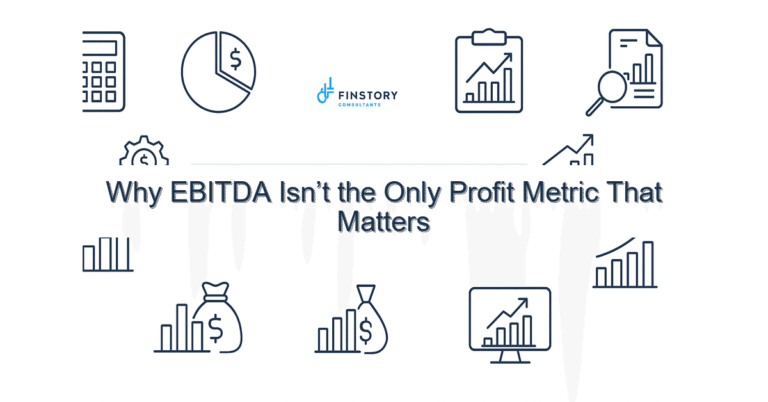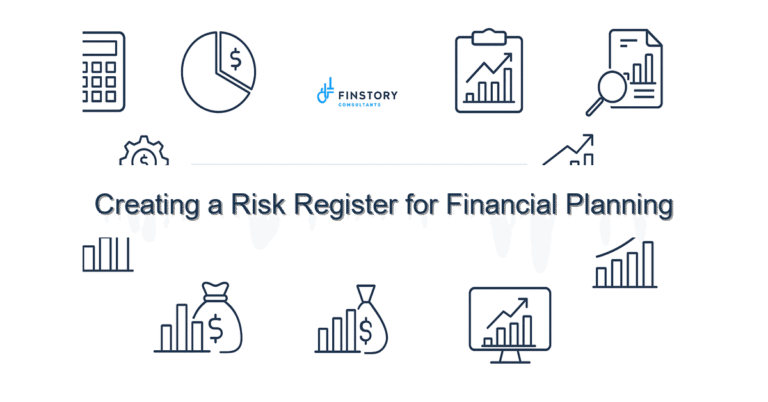Why Skipping Monthly Financial Reports Could Be Costing You Big
Let me ask you something:
When’s the last time you looked at your financial reports—not just for tax time, but to truly understand how your business is doing?
For many business owners, the honest answer is, “Not as often as I should.”
And I get it. You’re busy running the show, solving problems, keeping customers happy. Sitting down to look at numbers doesn’t always feel urgent.
But here’s the truth: ignoring your monthly financial reports is like flying a plane with your eyes closed.
You might stay in the air for a while—but eventually, you’ll hit turbulence you didn’t see coming.
Monthly financial reports aren’t just paperwork. They’re the story of your business, told in numbers. And reading that story every month can save you stress, money, and sleepless nights.
Let’s talk about why they matter—and how you can make them easy and meaningful, especially with help from a Virtual CFO.
Why Monthly Financial Reports Matter
1. They Tell You the Real Story
Your bank balance might look fine today. But without digging deeper into your monthly reports, you don’t know:
- Are your sales growing or shrinking?
- Are costs creeping up?
- Are you actually making a profit—or just breaking even?
Monthly reports connect the dots so you’re not left guessing.
2. They Help You Sleep at Night
Nothing fuels 3 AM anxiety like financial uncertainty.
Monthly reports give you facts. You’ll know what’s coming in, what’s going out, and whether you’ll have enough cash to cover expenses. That kind of peace of mind is priceless.
3. They Help You Spot Problems Early
Maybe a big client hasn’t paid on time. Or marketing costs suddenly spiked.
If you’re reviewing your reports every month, you’ll spot these red flags before they become emergencies.
4. They Keep You Focused on Goals
Monthly reports act like your business GPS. They keep you focused on targets instead of wandering off course.
If your goal is to grow revenue by 20% this year, your reports will show if you’re on pace—or if you need to adjust your strategy.
What Should Go Into Your Monthly Reports?
Don’t worry—this doesn’t have to be a 50-page monster report.
Here’s what most small businesses need:
- Profit and Loss Statement (P&L): Are you making money, or spending too much?
- Balance Sheet: What do you own, and what do you owe?
- Cash Flow Statement: Can you pay your bills next month?
- A few KPIs (Key Performance Indicators): tailored to your business (e.g. gross margin, client acquisition costs, revenue per employee)
How a Virtual CFO Makes Monthly Reports Easy
If reading financial reports makes your eyes glaze over, you’re not alone.
That’s where a Virtual CFO comes in. They’re not just number-crunchers—they’re strategic partners who:
- Prepare clear, meaningful reports tailored to your business. No financial jargon—just insights you can understand and act on.
- Spot trends and red flags you might miss on your own.
- Help you make smarter decisions about spending, investing, and growth.
- Translate numbers into a story that makes sense for your business’s future.
Imagine having someone who can say, “Here’s what your numbers are telling us—and here’s what we should do next.” That’s the value of a Virtual CFO.
Final Thoughts
So, let me ask you again: Do you generate monthly financial reports?
If not, there’s no better time to start. Your reports shouldn’t just sit in a folder—they should guide you toward smarter decisions and sustainable growth.
And you don’t have to do it alone. A Virtual CFO can turn those numbers into the insights and confidence you need to move your business forward.
Because your numbers tell a story. And you deserve to know exactly how that story goes.
Curious about how a Virtual CFO could transform the way you run your business? Let’s talk!






